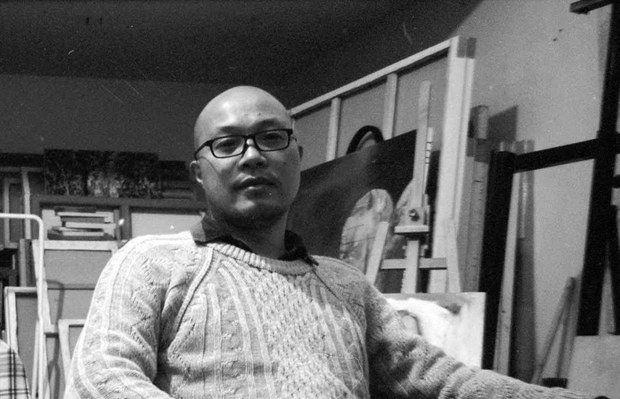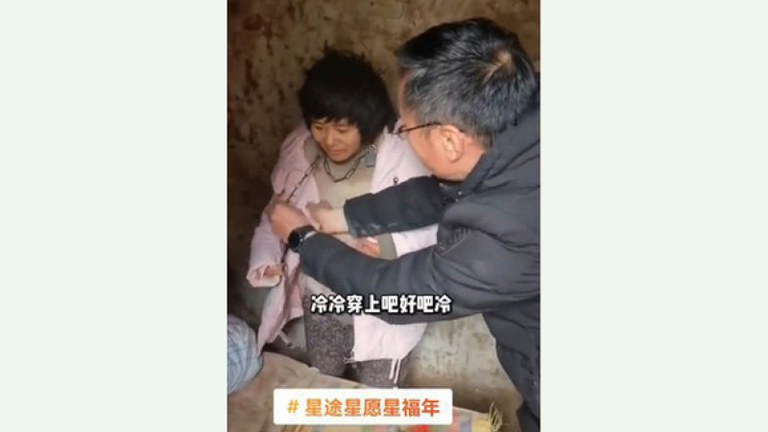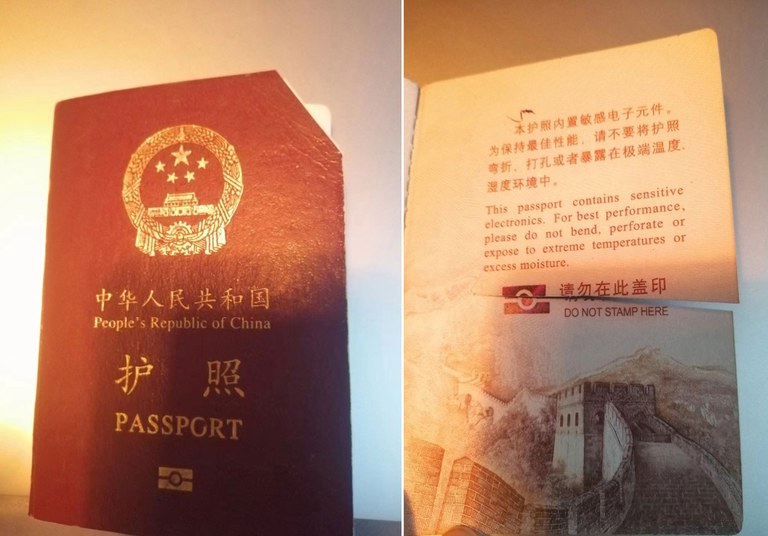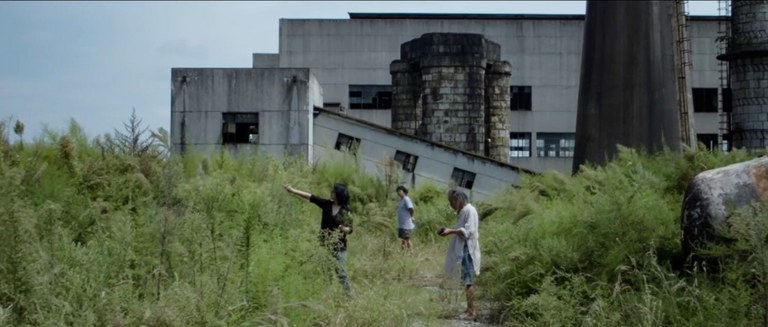Chinese police put Tiananmen artist, film director under travel ban
Share

Chinese film director and dissident artist Guo Zhenming has been placed under a travel ban.
Film director and dissident artist Guo Zhenming, known for his work commemorating the 1989 Tiananmen massacre, has been placed under a travel ban after being invited to a screening of his latest film in Singapore.
Authorities in the southwestern province of Yunnan, where Guo is currently based, cut the corner from his passport in May, and refused to accept an application for a new passport from him, he told Radio Free Asia in a recent interview.
Guo traveled to Beijing last month in a bid to apply again from there, but his application was rejected due to a “restriction” placed on him by authorities in Yunnan’s Lijiang city, he was told.
Last December, authorities in nearby Dali placed Guo under 15 days’ administrative detention for “picking quarrels and stirring up trouble,” a charge frequently used to target peaceful critics of the ruling Chinese Communist Party, after he made some comments about the “white paper” movement.


The incident is likely one reason for the travel ban, Guo said.
Another was an online signature campaign he signed supporting women’s rights in the wake of the scandal of the woman found chained by the neck in the eastern province of Jiangsu.
“The first thing was the woman in chains … I and [fellow artist] Yan Zhengxue launched a campaign at home and overseas in April and May last year … calling for the protection of women’s rights, which made a big impact at the time,” Guo said.
“Then, the white paper movement happened while I was in Dali, and I made some comments in WeChat Moments,” he said. “On Dec. 4, 2022, I was arrested by the Dali municipal police, who held me in administrative detention for 15 days in a separate cell.”
Obstruction
Former 1989 activist Ji Feng said Guo’s support for his sick friend and dissident sculptor Yan Zhengxue had also angered the authorities.
“When I went to visit with Yan Zhengxue, the main fundraiser was Guo,” Ji said.
“I was picked up by the Guizhou police on Sept. 25, and he was placed under the travel ban on Sept. 27,” he said.
“I was the one who had him travel from Yunnan to Beijing to visit Yan Zhengxue,” he said.
Guo said he has faced various forms of obstruction from government departments ever since his detention, however.
“After I got out, the Dali municipal police department refused to show me the administrative penalty notice or the administrative detention certificate,” Guo said. “They said it was a state secret. “
“What I later got was a detention certificate issued to me by the detention center, proving that I had been released,” he said.


He said officials at the Gucheng district branch of the Lijiang police department, where he lives, then proceeded to clip the corner of his passport, invalidating it.
Guo, who hails from the central province of Hunan, but who has lived in Beijing and Yunnan for much of his adult life, recently had his film “Tedious Days and Nights” accepted by the Singapore International Film Festival.
“I was going to attend the world premiere [of my film] at the … Singapore International Film Festival on Dec. 4, so I was eager to apply for a passport so I could leave the country,” he said.
“But the Lijiang municipal police department refuses to accept my passport application, saying that I am suspected of being a threat to national political security,” he said. “I’m banned from leaving the country.”
‘Filth, irreverence and melancholy’
An officer who answered the phone at the Exit-Entry Administration Bureau of the Lijiang municipal police department declined to discuss Guo’s case when contacted by Radio Free Asia for comment on Nov. 14.
“We don’t know,” the officer said. Asked which department was in charge of Guo’s case, the officer said: “I don’t know that either.”
Repeated calls to the Entry-Exit Detachment and Supervisory Branch of the Gucheng district police department rang unanswered during office hours on Nov. 14.
“Tedious Days and Nights” tells the story of poet Zeng Dekuang, who returns to the former industrial town of Coal Dam after 30 years of wandering to find the place in disrepair “much like the promise of his youth that has dimmed in middle age,” according to the publicity material on the festival website.


“Rather than resist time’s decay, Zeng and his old friends drift into it with abandon and return to their basest of impulses, sometimes with comedic failure, but mostly in drunkenness,” the synopsis reads.
“In Tedious Days and Nights, the Tiananmen Square massacre continues to haunt a lost generation of Chinese artists,” it says.
“As the men frolic about ruins, this documentary enacts a passive resistance equivalent to the tang ping (lying flat) movement of Chinese youths today … with equal parts filth, irreverence and melancholy.”
The entry in the Singapore International Film Festival Guide for the Dec. 4 screening of the film advertises “Q&A with film-maker,” an event that Guo will now be unable to attend.
Translated by Luisetta Mudie.







